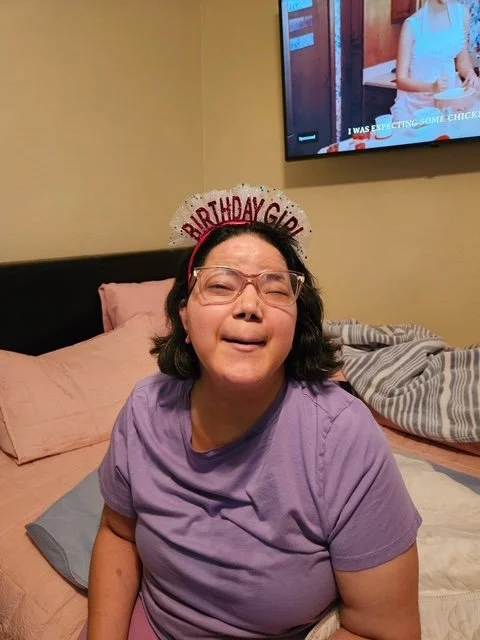The Toll of Rare Disease on Mental Health and What Can Be Done About It
Mental health care should be part of the treatment plan for rare disease
When it comes to mental health, rare disease can put you on shaky ground. You’ve likely faced years of uncertainty just waiting for a diagnosis. Not knowing what is wrong or what to expect in the future is scary and unsettling. Because little is known about many rare diseases, there may be no one to turn to for answers. No wonder stress is the main culprit affecting mental health for people with rare diseases.
Rare disease and mental health experts point out a number of factors that can lead to increased stress when living with a rare disease:
• Delay in receiving a correct diagnosis
• Less information available on rare disease
• Feeling isolated due to lack of understanding from family and friends
• Lack of patient support networks and/or disease experts
• Limited or no treatment options
Delay in receiving a diagnosis is a major risk factor for depression in people with rare disease. Being dismissed, mislabeled, or misdiagnosed by healthcare professionals can leave you feeling hopeless and disempowered. For parents or caregivers, continuous worry about your loved one takes a heavy emotional toll. Getting a diagnosis can bring some relief, but it may be only a first step in the right direction. So little is known about so many rare diseases that a diagnosis can raise even more questions than it answers.
Complicating the picture is the fact that some rare diseases come with psychiatric symptoms of their own. Autoimmune conditions like myasthenia gravis, for example, are linked to depression. Certain medications used to treat rare diseases—including steroids and painkillers—can cause side effects of depression or anxiety. Symptoms of depression may continue even after health improves, so it is essential that depression be recognized and treated just like any physical illness. Depression can make illness even worse because it can increase inflammation and cause metabolic changes.
If you are dealing with stress and anxiety, it may help to know you are not alone. A large UK study conducted in 2018 looked closely at the issue of mental health in people dealing with rare conditions. For the study, 1,350 people with a rare disease and 571 caregivers answered questions about their mental health via an online survey. Almost all of the patients and caregivers in the study reported stress, anxiety, emotional exhaustion, and/or low mood. Yet both patients and caregivers in the study noted that many healthcare professionals seemed unaware of the emotional impacts of rare disease.
Sensitivity and understanding around mental health are a necessary part of care for rare disease patients
The UK study authors concluded that treatment for rare disease must take into account both mental and physical health. They had a number of recommendations to increase awareness and improve the ability of health providers to help rare patients with mental health issues:
Healthcare professionals should be provided with the skills, knowledge, and capacity to recognize the emotional challenges of living with a rare disease.
Health services for rare disease should include assessment of mental health needs and access to mental health services for both patients and caregivers.
Patients and caregivers should be routinely directed toward effective mental health support services.
What can you do to address mental health issues? The first step is to acknowledge the problem. Next, look for the support and professional care you need to deal with symptoms and learn to cope. Although it makes sense to try stress-reduction techniques, exercise, journaling, good nutrition, and getting enough sleep, it is important to share your feelings with someone who is trained to help you work your way out. Ask your healthcare provider about treatment options for depression or anxiety or for a referral to a mental health specialist.
Navigating the ongoing emotional challenges of living with a rare disease can feel overwhelming. But when it does, remember you are not alone. Make an effort to reach out to healthcare providers and support groups that can help you access the care and resources you need.
References:
Gavrilov YV, Alekseeva TM, Kreis OA, et al. Depression in myasthenia gravis: a heterogeneous and intriguing entity. J Neurol 2020;267(6):1802–11.
Lauterbach MD, Schildkrout B, Benjamin S, Gregory MD. The importance of rare diseases for psychiatry. Lancet Psychiatry 2016;3(12):1098–100.
Rare Disease UK. Living with a rare condition: the effect on mental health. 2018. Rare Disease UK: London.
Nunn R. “It’s not all in my head!” – the complex relationship between rare diseases and mental health problems. Orphanet Journal of Rare Diseases 2017; 12(29).































